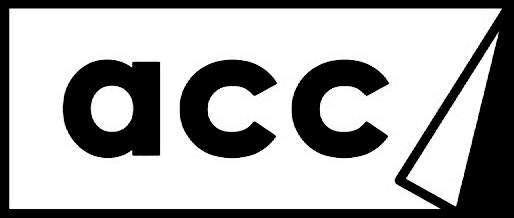An optimal match between product and market: the path to successful market penetration

Not every company wants to grow. Some entrepreneurs are satisfied with their clients, revenue, and size. Yet growth is always important—not just in numbers. You can also grow by optimizing your products, launching new services, or responding to trends. This keeps you sharp and future-oriented. But how do you approach this in practice?
At Comma, we work with two proven models that have stood the test of time: the Ansoff Matrix and the BCG Matrix from the Boston Consulting Group.
Simple in design, powerful in use. The four quadrants of the Ansoff Matrix help you choose the growth strategy that suits you best:
- Market Penetration
Get more out of your existing offerings in an existing market. Through marketing and sales, you increase market share and encourage customers to buy more often. - Product Development
Develop new products or services for your current market. Think cross-selling: offering additional solutions to existing customers. Ideal in saturated markets. - Market Development
Reach a new audience or market with existing products. This can be geographic or by expanding your customer base (e.g., from B2C to B2B). Important: consider cultural and legal differences. - Diversification
The most challenging strategy: a new product in a new market. This requires clear choices, market research, and strong communication. High risk, but also high potential.
Where should you invest, and what should you let go? The BCG Matrix analyzes your portfolio based on market share and growth potential, helping you allocate investments wisely:
- Stars
Products with a large market share in a growing market. They generate high returns but also require continuous investment. - Cash Cows
Strong products in a stable market. They provide steady cash flow and often finance other investments. - Question Marks
Potential growth products with a small market share. They require decisions: invest or divest? - Dogs
Products with low growth and low returns. Often more profitable to phase them out or discontinue.





